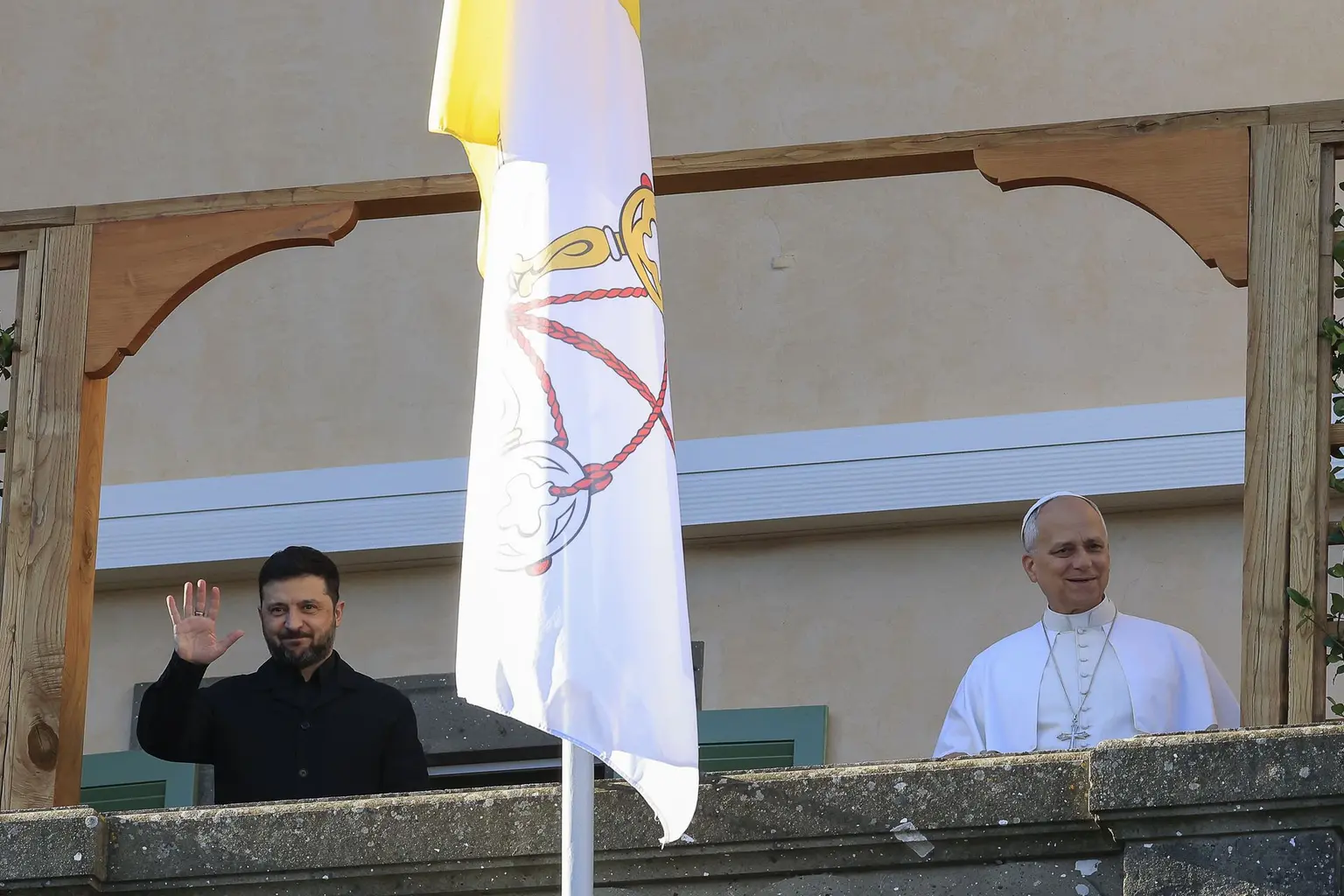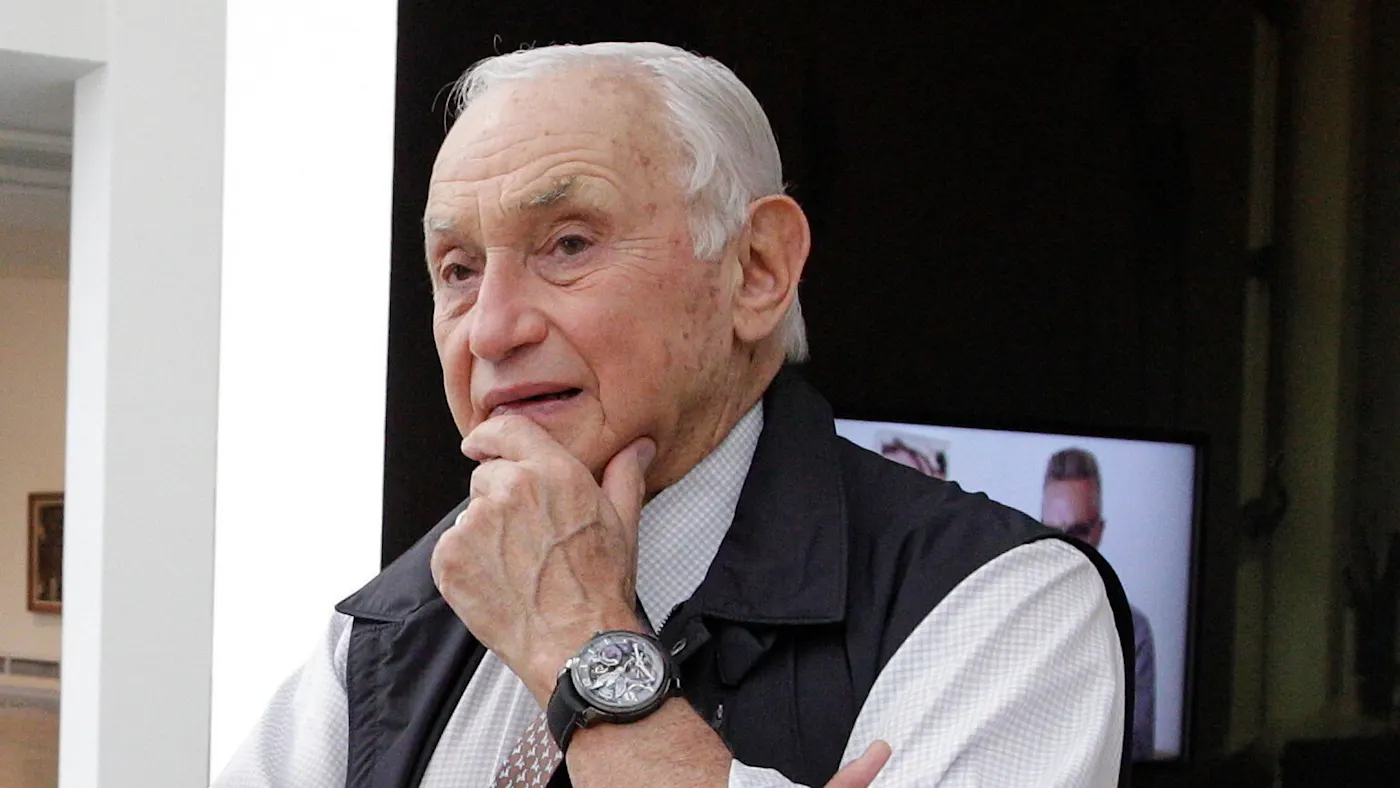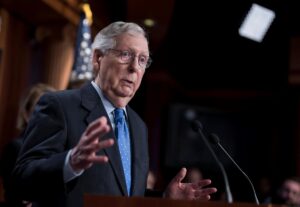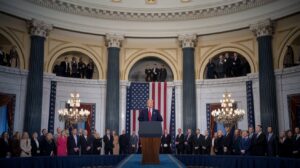Federal Judge Blocks Trump’s Executive Order Ending Birthright Citizenship—an unprecedented legal move that has sparked intense national debate and reaffirmed the constitutional protections granted under the 14th Amendment. This recent ruling, issued by the U.S. District Court for the Western District of Washington, temporarily halts the controversial executive order signed by former President Donald Trump, which aimed to end automatic citizenship for children born in the U.S. to non-citizen parents. The judge’s decision has brought renewed attention to the significance of birthright citizenship and the broader implications of immigration policy in the United States.
As this legal battle unfolds, the ruling serves as a powerful reminder of the resilience of constitutional law in the face of executive action. In this blog, we will delve into the key aspects of the executive order, explore its potential consequences, and analyze the legal challenges that have shaped the outcome thus far. Whether you are an advocate for immigration reform or simply seeking to understand the complexities of U.S. citizenship law, this article provides a comprehensive breakdown of the ongoing developments and their implications for the future.
The Executive Order and Its Implications
President Trump’s executive order, titled “Protecting the Meaning and Value of American Citizenship,” aimed to reinterpret the 14th Amendment to deny automatic citizenship to children born in the U.S. to non-citizen parents. The order, signed on January 20, 2025, intended to take effect within 30 days and could have impacted thousands of families across the country.
The order specifically targeted children born to undocumented immigrants and non-permanent residents, stating that birthright citizenship should only apply to children whose parents are legal U.S. citizens or permanent residents. Critics argued that such a move contradicted over a century of legal precedent and undermined the fundamental principles of American citizenship.
Legal Challenges and Court Ruling
The executive order faced swift legal opposition from civil rights groups, state attorneys general, and immigration advocates. They argued that the order violated the 14th Amendment, which guarantees citizenship to all persons born on U.S. soil. On January 23, 2025, Judge John C. Coughenour issued a temporary restraining order (TRO), blocking the executive order from taking effect until further hearings could be conducted.
In his ruling, Judge Coughenour stated, “The Constitution is clear, and the executive branch cannot unilaterally redefine citizenship without Congressional action or constitutional amendment.” This decision is seen as a major setback for immigration hardliners and an affirmation of constitutional protections.
Historical Context and Precedent
The 14th Amendment, ratified in 1868, has long been a cornerstone of American civil rights law. The Supreme Court’s landmark ruling in United States v. Wong Kim Ark (1898) affirmed that individuals born on U.S. soil, regardless of their parents’ citizenship status, are entitled to birthright citizenship.

Legal experts have pointed out that attempts to alter birthright citizenship via executive action have historically been unsuccessful and are likely to face strong judicial opposition.
Political and Social Reactions
The ruling has drawn mixed reactions across the political spectrum. Immigration advocates and civil rights organizations have hailed it as a victory for the Constitution and immigrant communities, while supporters of the executive order argue that birthright citizenship should be reevaluated to curb illegal immigration.
The Biden administration has welcomed the court’s decision, reaffirming its commitment to preserving birthright citizenship and maintaining adherence to constitutional law.
What’s Next?
With the Department of Justice expected to appeal the ruling, legal experts anticipate a lengthy court battle that may eventually reach the Supreme Court. As the case progresses, it will continue to be a focal point in the ongoing national debate over immigration reform and constitutional interpretation.
Conclusion
In conclusion, the federal judge’s decision to block Trump’s executive order ending birthright citizenship highlights the resilience of constitutional law and the importance of upholding fundamental rights. As this case unfolds, it serves as a crucial reminder of the legal safeguards in place to protect birthright citizenship and the individuals it benefits. Staying informed about these developments is essential, as they have far-reaching implications for immigration policy and the broader national conversation on citizenship rights.
If you’re interested in staying updated on this issue and similar topics, consider subscribing to our newsletter or following our blog for regular insights. Join the conversation by sharing your thoughts in the comments below and help us spread awareness on the importance of constitutional protections. [USnewsSphere.com]








